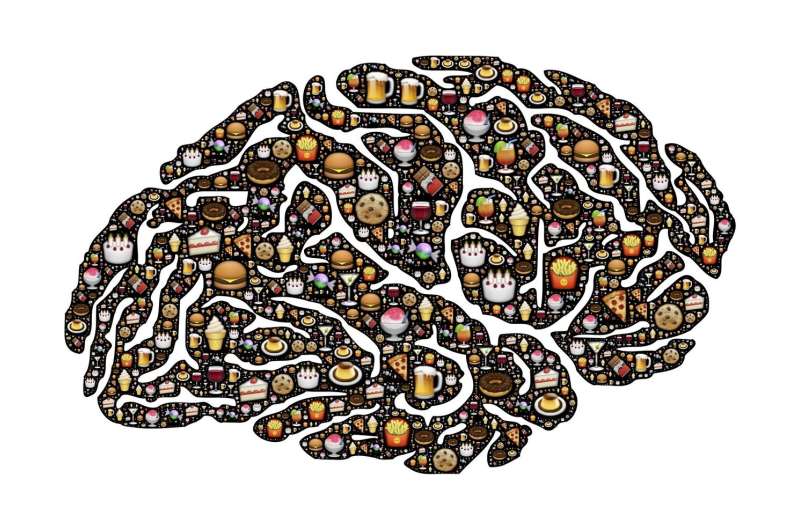Standards for treatment of obsessive-compulsive disorder unveiled

Listed by the World Health Organization among the ten leading causes of medical disability worldwide, the severity of obsessive-compulsive disorder (OCD) is at a level on par with cancer. This prevalent disorder is characterized by highly distressing intrusive thoughts and repeated compulsive behaviors such as washing or checking.
"Inadequately treated OCD can rapidly deteriorate to disability for many persons and can negatively impact every sphere of life including school or work, basic self-care and care of children, and psychosocial functioning," says clinical psychologist and internationally renowned expert in OCD and related disorders Dr. Debbie Sookman, who is an Associate Professor in the Department of Psychiatry at McGill University and staff specialist in the Department of Psychology at the McGill University Health Centre. "Twenty-five percent of severely ill adult patients attempt suicide."
Experts recommend that patients with OCD receive specialized treatment as soon as possible following the emergence of symptoms in order to prevent serious worsening of illness, related difficulties and quality of life, as well as to optimize chances of recovery. With specialized cognitive behavior therapy the person can learn specific strategies to reduce symptoms and related difficulties, which, when combined with pharmacotherapy for some cases, can result in recovery from illness for many patients.
Tragically, accessing evidence-based specialized treatment for obsessive compulsive disorder can be difficult or impossible for many patients. "There is an international mental health crisis in this field spanning global regions," explains Dr. Sookman. "There are lengthy delays in diagnosis and unavailability of evidence-based specialty treatments, with resultant progression to disabling illness, ineffective health care utilization, and prolonged suffering of patients and their families. Untreated severe pediatric OCD can result in impaired educational and occupational opportunities later in life, which may be difficult to reverse."
A major cause of this devasting situation is the well documented dire shortage of clinicians with the required knowledge, competencies, and experience to effectively treat OCD. Currently available treatment guidelines, though essential, are considered by experts to be insufficient because of highly variable clinician knowledge and competencies related to this disorder. Specialty standards for treatment of OCD, that are more specific compared with guidelines, are advocated by experts as foundational to transformative improvement globally in quality and accessibility of evidence-based treatments for this crippling disorder. Until now, these standards did not exist.
Global experts collaborate on transformative advance
The International OCD Accreditation Task Force (ATF) of top experts representing 14 nations has recently published evidence-based specialty knowledge and competency standards recommended for specialized treatments for OCD through the lifespan. The standards mark the completion of the ATF's second of four phases.
"The ATF standards are operationalized as measurable clinician abilities that are teachable and trainable," notes Dr. Sookman. "That is, the knowledge and skills the clinician should demonstrate in order to effectively deliver specialized cognitive behavior therapy (clinical psychologists), or pharmacotherapy (psychiatrists), for pediatric and adult OCD."
The ATF standards are now available to inform and advance international clinical practice and training for OCD. Upcoming ATF phases three and four will involve development and implementation of training criteria and processes for certification (individual clinicians) and accreditation (clinical sites) based on the ATF specialized gold standards, with the aim of substantially improving the quality and accessibility of specialty treatments for OCD sufferers worldwide.
More information: Debbie Sookman et al, Introduction to knowledge and competency standards for specialized treatments for obsessive-compulsive disorder throughout the lifespan: Phase two series by the International Accreditation Task Force of the Canadian Institute for Obsessive Compulsive Disorders (CIOCD, www.ciocd.ca), Psychiatry Research (2021). DOI: 10.1016/j.psychres.2021.113753


















